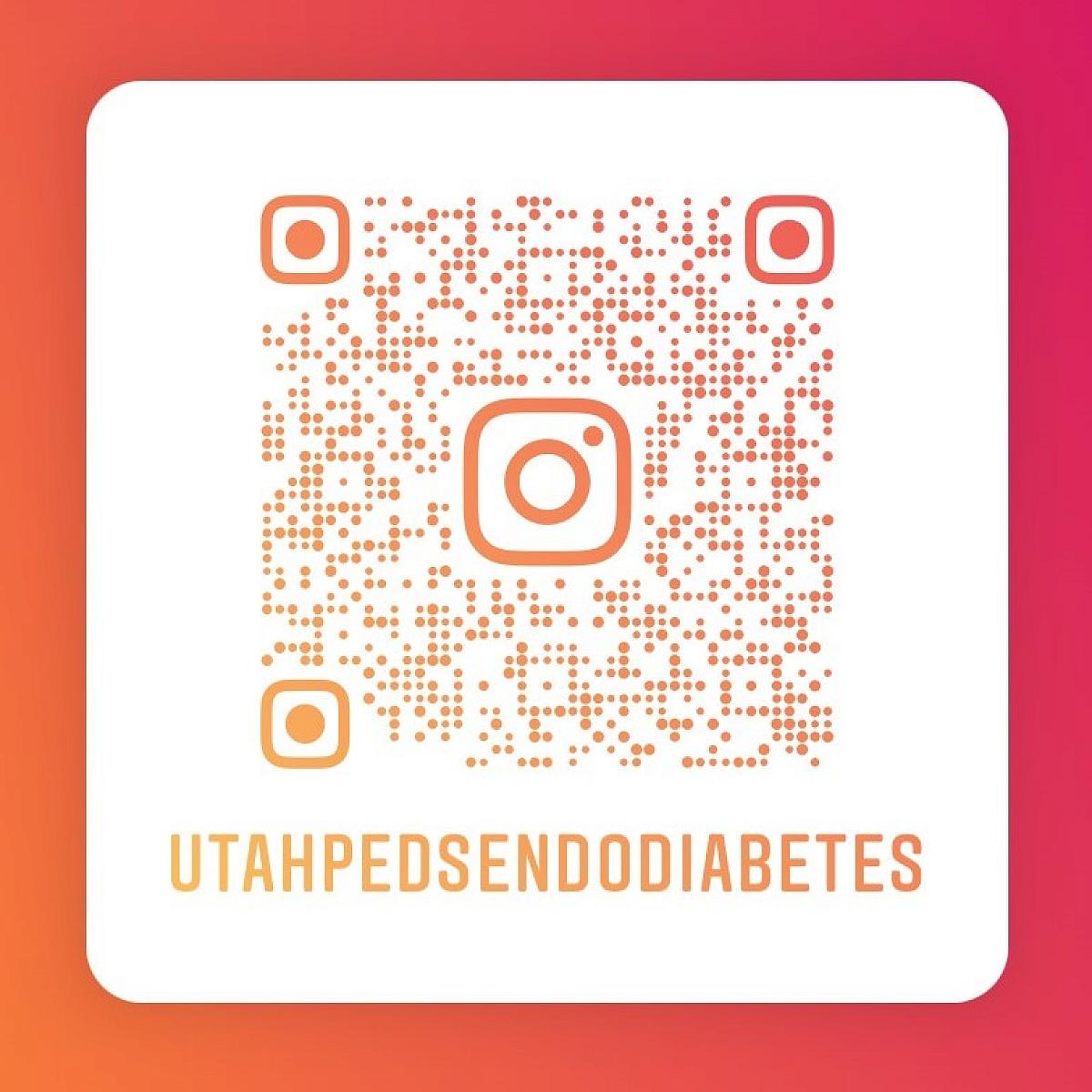
FAQ
Endocrinology Fellowship
Frequently Asked Questions
- We accept applications through the ERAS program.
- We participate in the NRMP match process for Endocrinology Fellowship and all fellows are selected through this process.
- We accept J1 visa applicants and sponsor J1visas. We are unable to sponsor H1B visas.
- Our fellowship is fully funded for all three years for all our fellows.
- Yes. However, all candidates must complete an ACGME approved Pediatric residency prior to the start of the fellowship.
- Please note that our fellowship interviews are currently conducted virtually for the application season.
Our fellowship program is a 3-year ACGME-accredited program.
First Year:
- Primarily clinical.
- Approximately 18 weeks of inpatient service. No outpatient clinics while on service.
- 5 outpatient half-day clinics per week (1 endocrine continuity, 1 diabetes continuity, 3 other clinics with endocrine and diabetes attendings).
- 1 research month to connect with potential mentors, explore opportunities, and begin a project.
Second and Third Year:
- Primarily protected time for research and scholarship.
- Approximately 10 weeks of inpatient service. No outpatient clinics while on service.
- 2-3 outpatient half-day clinics per week (1 endocrine continuity, 1 diabetes continuity, 1 other clinic with an endocrine or diabetes attending).
- Outstanding support in clinic, including an assigned diabetes educator for each diabetes clinic, endocrine nurses, and prior authorization team, allowing the fellow to focus on clinical care and learning.
- Fellows participate in our subspecialty clinics for Metabolic Bone Disease, Prader-Willi Syndrome, Differences of Sex Development, Gender Management and Support (GeMS), Cystic Fibrosis-Related Diabetes, Single Ventricle Clinic, Thyroid Nodules and Cancer, and High-Risk Diabetes.
- Fellows have several electives including adult endocrinology, reproductive endocrinology, pediatric gynecology, lipid clinic, and the national reference laboratory ARUP. Additional electives can be arranged based on the fellows' interests.
- Fellows are also encouraged to attend diabetes camp each year.
- Our division’s team of 13 pediatric endocrinologists, 4 advanced practice providers, and 5 fellows are committed to clinical care, research, and education.
- Our goal is for call to provide continuity of care and learning opportunities during service weeks, with intermittent call-free nights to allow for personal wellness.
- The fellow on inpatient service takes overnight calls on Tuesdays and Thursdays. Co-fellows or attendings provide cross coverage on Monday, Wednesday, and Friday nights.
- Fellows are on call approximately one weekend per month.
- Each fellow covers up to 1 major and 1-2 minor holidays per year.
- Fellows on call are always supported by attending during daytime rounds and overnight.
- Schedule adaptations are made to give fellows time for pediatric board preparation and attendance at regional and national meetings.
- Primary Children’s Hospital has an outstanding pediatric residency program and is a teaching site for the University of Utah School of Medicine.
- Our fellows are actively involved in teaching medical students and residents during inpatient consultations.
- Our fellows are also invited to give lectures to the pediatric residents and clinical teams.
- Our fellows engage in a hypothesis-driven clinical, translational, basic science, quality improvement, or medical education research project during training. They are supported by a Scholarly Oversight Committee established in their first year.
- Our fellows have been successful in obtaining grants for their research projects, through local and national foundations.
- We mentor each fellow in publishing case reports, creating educational posters, and presenting at regional and national meetings.
- We also offer advanced training in quality improvement and a robust “Fellow School” curriculum to build their skillset.
- Fellows can obtain advanced training in research through the Master of Science in Clinical Investigation program, which provides mentored research experience and prepares trainees for careers in clinical investigation. Additional information can be found here: https://ctsi.utah.edu/education/msci.
- Fellows interested in medical education research and scholarship can pursue a Master of Education in Health Professions degree. Additional information can be found here: https://uofuhealth.utah.edu/education/avp-office/master-program.
- Fellows have protected time on Monday mornings for division meetings and educational sessions.
- We have weekly case conferences, journal clubs, didactic lectures, invited speakers, grand rounds, and a board review series.
- Fellows attend a weekly conference with other pediatric subspecialty fellows.
- We also provide interdisciplinary learning opportunities with adult endocrinology, pediatric nephrology, medical genetics, pediatric urology, pediatric gynecology, and pediatric gastroenterology.
- We have unique hands-on learning opportunities for fellows, such as wearing a pump and CGM and having a DXA scan.
- Each fellow receives funds and protected time to attend a national endocrine or diabetes meeting yearly.
- We have had a 100% board pass rate for every year since the fellowship started. This speaks to the strength of our educational curriculum, medical training, and high-quality fellows in our program.
- The Office of Graduate Medical Education is committed to ensuring that our fellows remain physically, mentally, emotionally, and spiritually healthy while completing their training program. Additional information can be found at https://medicine.utah.edu/gme/wellness/. Fellows can receive confidential therapy at no cost through this program.
